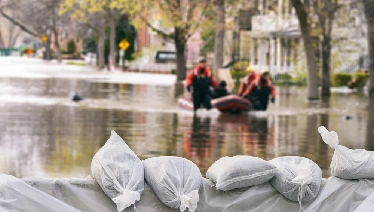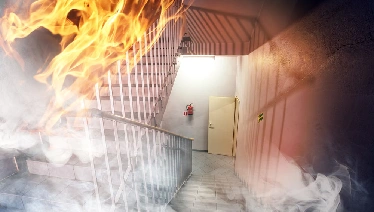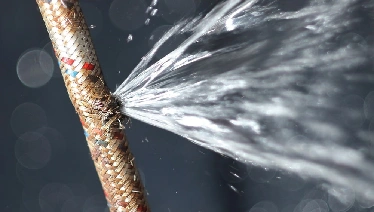Smoke and fire damage to homes and businesses located in Northern Cook & Lake Counties in Illinoisis devastating, leaving property owners reeling. Even a small fire can lead to serious damage and frustrating complications that are difficult to handle on your own.
Thankfully, the professionals at Rainbow Restoration of Northern Cook & Lake Counties in Illinoiscan help you recover from these damages. This comprehensive guide covers all essential components of fire and smoke restoration tailored to Northern Cook & Lake Counties-specific requirements.

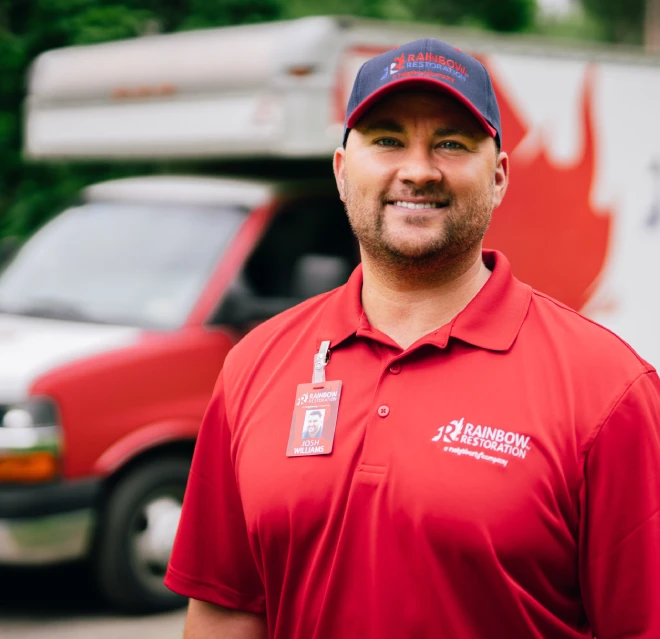
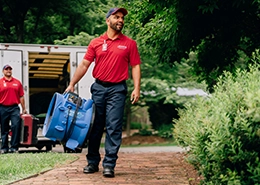
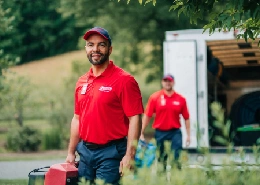
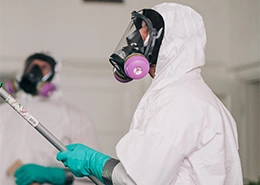

.webp)
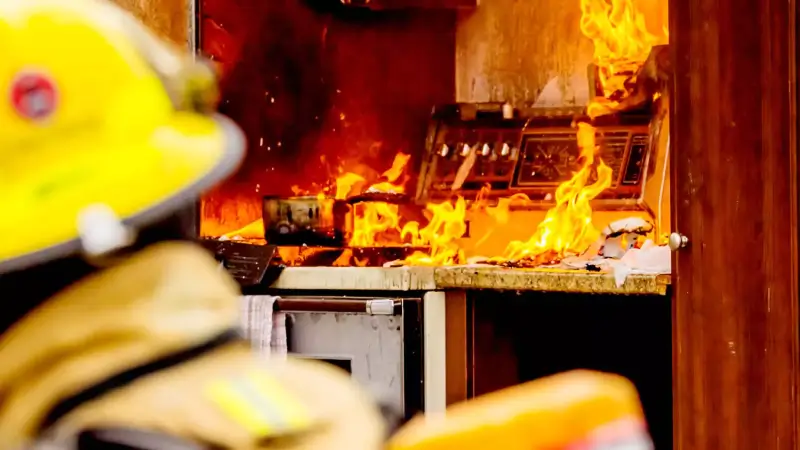
.webp)
